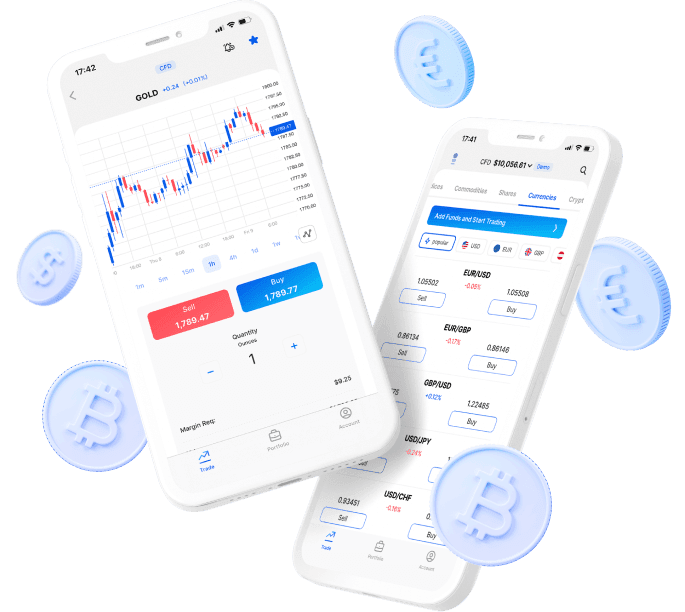Thursday Jun 22 2023 13:02

4 min
In trading terms, an index is a method of measuring how a particular group of financial assets are performing.
An index comprises of what’s known as a ‘basket’ of securities - usually stocks – gathered together into one asset.
ü So, for example, the S&P 500 index is designed to capture the top 500 stocks in the US market. As such, it’s really a representation of the US stock market as a whole.
The FTSE 250 is similar, in that it represents the top 250 companies in the UK market, based by market cap. So, again, it’s a fair representation of overall UK stock market performance.
There are a wide range of indices measuring different baskets of assets, and you can use them to analyse performance of a number of different economic factors.
And more.
You can also use indices to judge the relative performance of mutual funds or ETFs.
Here’s how:
Let’s say a hedge fund has been set up to take advantage of a bull market in tech stocks. If there were no competing hedge funds, it could be tough to judge how well this new fund is performing.
In this case, you could compare the fund’s return to that of a tech index.
If they are beating the index, then that’s a fair signal they are performing well. If they serially under-perform against the index, traders may decide to move their money elsewhere.

Indices can also be an effective way to trade the markets, especially for traders seeking to diversify their portfolio.
Let’s say that you’re interested in investing in the US tech market, because there’s a bull market taking place in the sector.
One option would be to simply choose 5 stocks you think will go up in price, and that’s what many traders will do.
However, there’s a downside to this strategy. If there are 100 top tech companies in the US, what are your chances of picking the best 5? Or even picking enough stocks that eventually turn a profit?
As an alternative, you could place one trade on the index that tracks the US tech market: the NASDAQ.
By doing this, you’re trading the overall performance of the sector. So, even if some tech stocks go down – which they will – as long as the overall health of the US tech market goes up, you should make a positive return.
(Though it’s worth noting that if the sector as a whole starts to fall, the index likely will, too.)


Join the 100.000s that have made markets.com their home for trading. Learn about trading as you grow your portfolio.
More power in our platforms
We currently cannot accept clients from your country. If you have received this message in error, please contact our support team at support@markets.com.
Contact Support
Indices can be a useful way to measure a range of different market indicators. They can also be a valuable for traders looking for lower risk than you’d find trading individual stocks.
As always, if you’re planning to place trades on indices, be sure to thoroughly do your research and only trade with money you can afford to lose.
Asset List
View Full ListLatest
View all
Wednesday, 2 April 2025

6 min

Tuesday, 1 April 2025

5 min

Tuesday, 1 April 2025

6 min


